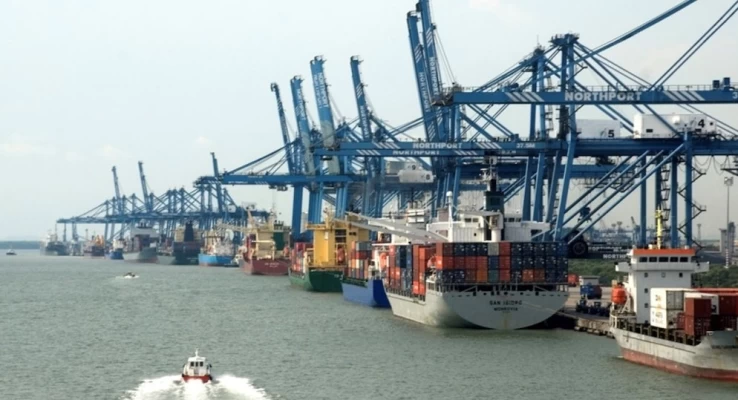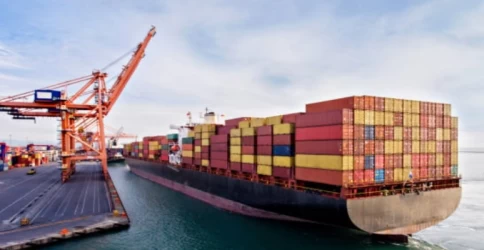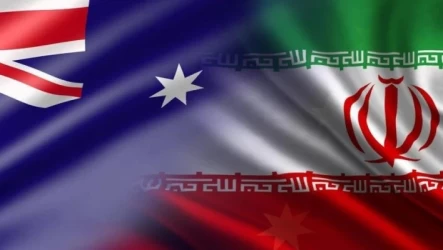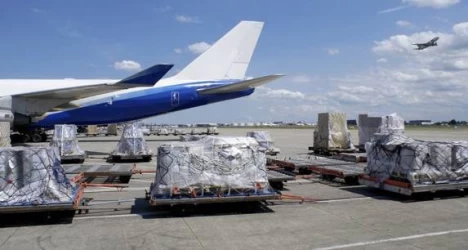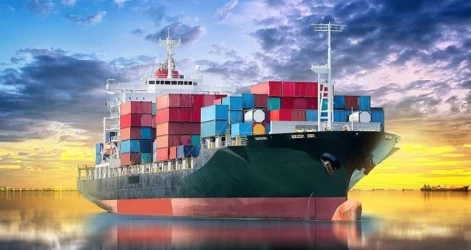Sea Freight at Port Klang
Port Klang, located in Selangor, Malaysia, is one of the busiest and most significant ports in Southeast Asia. It serves as a crucial hub for sea freight, facilitating the movement of goods to and from Malaysia and the broader region. This article delves into the various aspects of sea freight at Port Klang, including its infrastructure, services, and strategic importance.
Historical Background
Port Klang, formerly known as Port Swettenham, has a rich history dating back to its establishment in 1901. Over the years, it has evolved from a modest port into a major maritime gateway. The port’s strategic location along the Straits of Malacca, one of the world’s busiest shipping lanes, has significantly contributed to its growth and development.
Infrastructure and Facilities
Port Klang boasts state-of-the-art infrastructure and facilities designed to handle a wide range of cargo types. The port is divided into three main areas: Northport, Southport, and Westports. Each of these areas is equipped with specialized terminals to cater to different types of cargo, including containerized goods, bulk cargo, and liquid cargo.
- Container Terminals: Port Klang’s container terminals are among the most advanced in the region. They feature modern cranes, automated systems, and extensive storage facilities. The port can accommodate some of the largest container ships in the world, thanks to its deep-water berths with a maximum draft of 17.5 meters.
- Bulk Cargo Terminals: The bulk cargo terminals handle commodities such as coal, grain, and minerals. These terminals are equipped with conveyor systems, storage silos, and other specialized equipment to ensure efficient handling and storage of bulk goods.
- Liquid Cargo Terminals: Port Klang’s liquid cargo terminals are designed to handle petroleum products, chemicals, and other liquid commodities. These terminals feature pipelines, storage tanks, and safety systems to manage the unique challenges associated with liquid cargo.
Services and Operations
Port Klang offers a comprehensive range of services to support sea freight operations. These services include:
- Freight Forwarding: Numerous freight forwarding companies operate at Port Klang, providing services such as cargo consolidation, customs clearance, and documentation. These companies play a vital role in ensuring the smooth movement of goods through the port.
- Warehousing and Distribution: The port has extensive warehousing facilities for the storage of goods. These warehouses are equipped with modern inventory management systems, ensuring efficient handling and distribution of cargo.
- Logistics and Transportation: Port Klang is well-connected to Malaysia’s road and rail networks, facilitating the seamless transportation of goods to and from the port. The port’s logistics services include trucking, rail transport, and intermodal solutions.
Strategic Importance
Port Klang’s strategic location and advanced facilities make it a key player in global trade. The port serves as a transshipment hub, connecting shipping routes between Asia, Europe, and the Americas. Its proximity to major manufacturing and industrial centers in Malaysia further enhances its importance as a logistics hub.
Challenges and Future Prospects
Despite its many strengths, Port Klang faces several challenges. These include congestion, environmental concerns, and the need for continuous infrastructure upgrades. However, the port is actively addressing these challenges through various initiatives, such as expanding its capacity, implementing green practices, and investing in technology.
Looking ahead, Port Klang is poised for continued growth. The port’s strategic initiatives, coupled with Malaysia’s economic development, are expected to drive increased sea freight volumes. Additionally, ongoing investments in infrastructure and technology will further enhance the port’s capabilities and competitiveness.
Strategic Sea Freight Connections Between Port Klang and Iran
Sea freight between Port Klang in Malaysia and Iran is a vital trade route, facilitating the exchange of a wide range of goods. This route primarily involves shipping from Port Klang to major Iranian ports such as Bandar Abbas and Bushehr, and vice versa. The journey typically includes the transportation of industrial products, consumer goods, and raw materials. Efficient logistics and well-established maritime connections ensure timely and cost-effective delivery, supporting the economic ties between Malaysia and Iran. The strategic locations of both ports enhance their roles as key hubs in international trade, contributing significantly to the economic growth of both nations.
Conclusion
Port Klang stands as a testament to Malaysia’s maritime prowess. Its advanced infrastructure, comprehensive services, and strategic location make it a vital hub for sea freight in Southeast Asia. As the port continues to evolve and adapt to the changing dynamics of global trade, it will undoubtedly remain a cornerstone of Malaysia’s economic landscape.
if you have a specific question or need more details about Klang Port, Iran's logistics experts are your answer!

